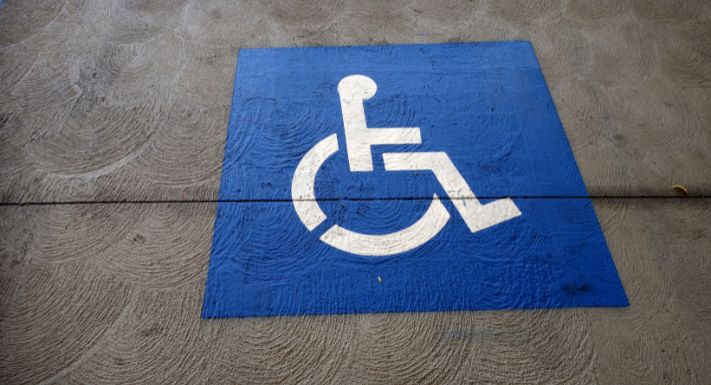
Know Your Rights as a Disabled Worker in Idaho
October 27, 2022
Hospital Negligence & Facial Nerve Paralysis
November 11, 2022Personal injury and medical malpractice claims are about more than just the physical injury or illness you suffered. Such ordeals are also a common cause of emotional pain and suffering, and you deserve compensation for the distress the defendant put you through.
However, did you know that you can sue for negligent infliction of emotional distress without a larger personal injury claim? Rossman Law Group will lay out the basics of the process below.
NIED Explained
Negligent infliction of emotional distress, or NIED, refers to an incident in which a defendant’s carelessness is so severe that it causes the plaintiff marked emotional harm. It’s different from the common “pain and suffering” damages in a malpractice or personal injury lawsuit because plaintiffs can sue for NIED without a larger injury suit in play.
However, it’s not just about hurt feelings. NIED claims must meet a variety of criteria in order to make it to the courtroom.
Essential Criteria of an NIED Claim
In order to sue another party for negligent infliction of emotional distress, you must be able to prove five things about your ordeal:
- The defendant had a legally-recognized duty of care to you (like a doctor or other healthcare professional).
- That person breached that duty.
- There is a direct causal link between the defendant’s behavior and your (emotional) injury.
- You experienced loss or damage due to that person’s negligent conduct.
- Your emotional injury has some physical manifestation.
That final element helps strengthen your case in court. It’s more difficult to dismiss your complaints as simple hurt feelings if you also experience symptoms like sleepless nights or a loss of appetite after the incident.
Proving Emotional Distress
If you plan on suing your doctor for NIED, work with a physician negligence attorney to review the facts of your case. Have you recently been checked out by another doctor for signs that your emotional distress is impacting you physically? Keep those medical records on hand as they will help to prove that your distress is more than just an unpleasant feeling.
The state of Idaho requires that your emotional distress be severe and noticeable for your claim to be valid. If you are arguing that the incident caused you physical ramifications like ulcers, nervous tics, and severe headaches, the court should be able to see them.
If you haven’t already been evaluated for post-traumatic stress disorder (PTSD), do so as soon as you are able. Not only will your evaluation create a paper trail for your case, but you’ll also gain access to therapies and resources that can help you heal.
Suing for negligent infliction of emotional distress can be an arduous task, but it’s more than doable if you have evidence and a savvy attorney on your side. Call Rossman Law Group today for a free legal consultation.





